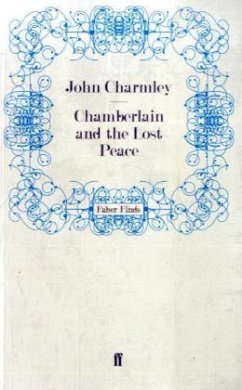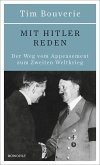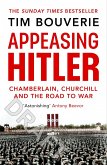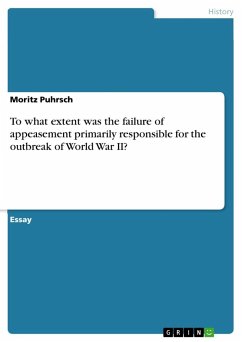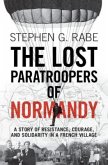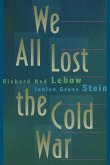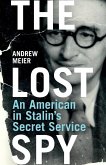In this controversial and challenging study based on extensive new work on Chamberlain's papers, John Charmley argues against the commonly held view that Chamberlain's policy of appeasement towards Hitler was naïve and weak. By presenting the conflicting views of Chamberlain, Eden and Churchill from the perspective of the pre-war years, he outs forward the view that Chamberlain, correctly foreseeing the long-term damage the war would do to Britain, was justified in pursuing the chance of peace.
This is the first of three revisionist titles John Charmley wrote challenging the accepted version of British foreign policy in the mid-twentieth century; the other two titles are Churchill: The End of Glory and Churchill's Grand Alliance . All three are being reissued in Faber Finds.
'A concise and spirited defence of Chamberlain.' David Reynolds, Independent
Hinweis: Dieser Artikel kann nur an eine deutsche Lieferadresse ausgeliefert werden.
This is the first of three revisionist titles John Charmley wrote challenging the accepted version of British foreign policy in the mid-twentieth century; the other two titles are Churchill: The End of Glory and Churchill's Grand Alliance . All three are being reissued in Faber Finds.
'A concise and spirited defence of Chamberlain.' David Reynolds, Independent
Hinweis: Dieser Artikel kann nur an eine deutsche Lieferadresse ausgeliefert werden.

